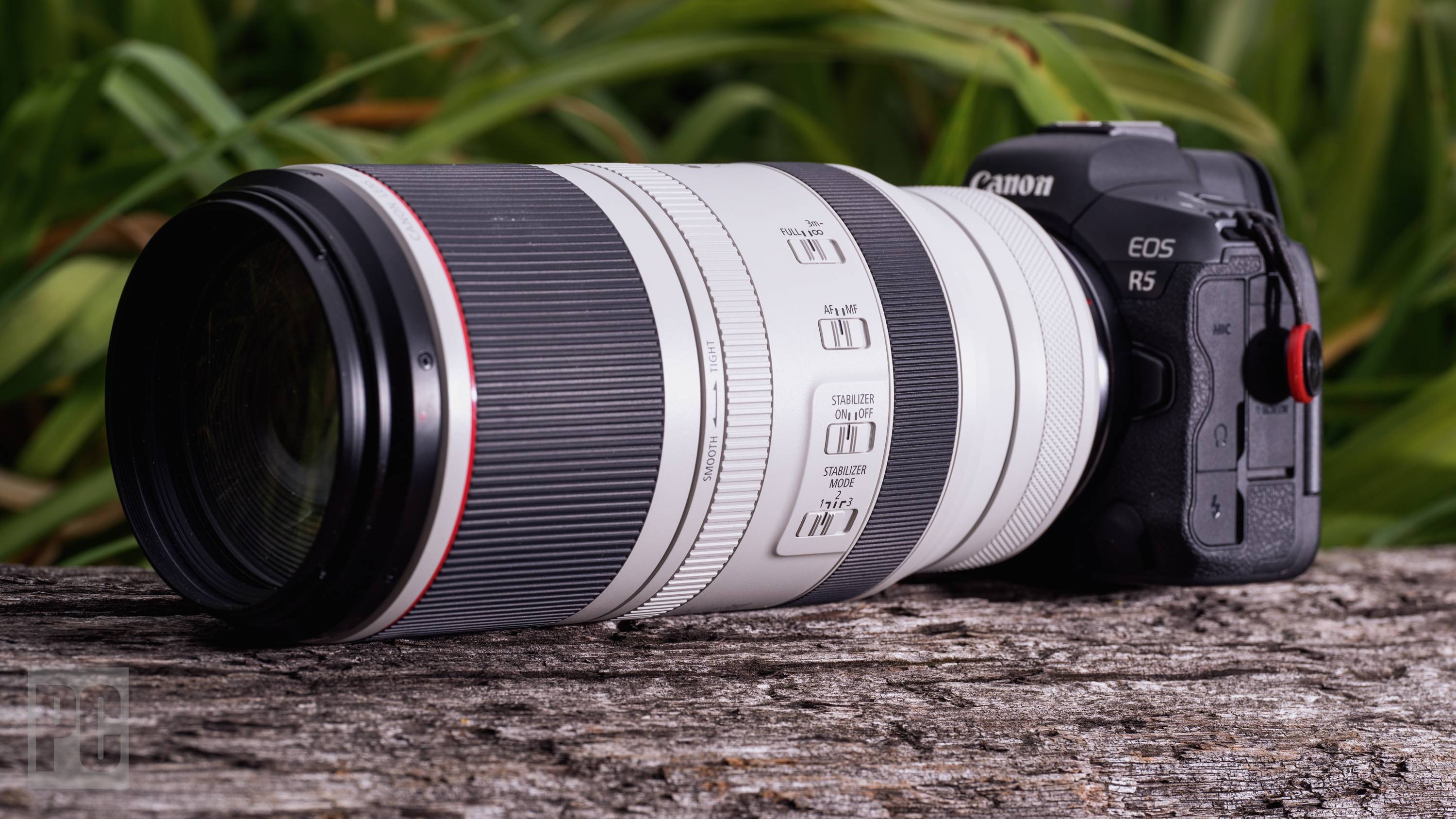
It is a good idea, regardless of whether you are looking for a workshop or a tour, to get in touch with the photographer. Let them know what your goals are and ask any questions about the tour. They should be more than happy answer your questions, and direct you in the correct direction. After all, they're the ones who have the experience and know the area best!
Photos taken as part of a photo tour
Make sure to do your research before you book a photo tour or workshop. You can check their websites to find out what kind of content they offer and whether the photos are appropriate for the season you will be visiting. Check out their tutorials and tips to help improve your photography skills.
Many workshops offer classes where participants can learn new techniques. These classes will help you use your camera, post production techniques, and many other things. Other classes will help you become a better entrepreneur.

Photos taken during a workshop
You should consider these factors when choosing a workshop/photography trip. First, consider the photographer's experience. Even though most famous photographers charge a high price for their services they might still be as talented. This allows you to save money while getting more personalized instruction. The workshop's location and instructor are also important.
Professional photographers with extensive experience usually lead tours. In addition to continuous tutoring, these tours often include lectures in-between shooting sessions. This ensures that you receive professional advice and guidance during the entire process. All aspects of post-production will be covered by the instructors. This kind of educational experience works well for both professionals and beginners.
Cost of a Photography Workshop
It is important to know the exact cost of a workshop in photography. Some workshops require a deposit. If you enroll less than 120 days in advance, you may need to pay the balance immediately. Although some workshops allow partial refunds, it is not possible to receive a complete refund. However, if you have to cancel due to unforeseen circumstances, the company will refund the collected workshop fee. The company will not refund your airfare or other expenses.
You'll usually need to bring your own equipment when you register for a workshop. However, you may also be able to rent equipment from the workshop if needed. There will be a variation in the workshop's length. Some workshops only last for a day, others can go on for weeks. Remember that most workshops assume you will become a complete photographer. Some workshops will include a teaching assistant. It's worth looking at the portfolio and photography of the leader photographer. You can look elsewhere if the portfolio of a photographer is not great.

Selecting a photographer
These are the things you should consider when hiring a photographer for photo workshops or tours. Photo workshops can be a great way to learn the basics of photography if you're a beginner. These workshops may not be necessary for more experienced photographers. If you are a beginner photographer, a photo workshop tour might work better. Professional photographers are also available for group critiques. These critiques can help you get inspired and improve your photographs.
A workshop leader will often give general tips and suggestions about setting up your camera during a photo tour. Although they won't give in-depth instructions, they may offer some individual critiques. They will generally capture your photos while you are working, so you can work with them.
FAQ
How can I look good on pictures?
The best way to ensure you look good in photos is to take them yourself. You'll learn the best angles to use, how to pose for photos, and how to make them flattering. Learn how to use lighting, props and other tools to enhance your natural beauty.
You'll learn how to find clothes that fit and make up that looks great on your skin.
If you're unhappy with the result, we'll show how to retouch your images in Photoshop and other editing programs.
Do yourself a favor and take some self portraits!
What Camera Should I Get?
This all depends on who you want as a photographer. If you're just getting started, a basic point and click camera will suffice.
However, once the basics are mastered, it's likely that you will want more advanced features. The decision is yours.
Here are some things to consider before purchasing a camera.
-
Features: What features are you looking for? Do you intend to use manual or autofocus settings? How many megapixels is your camera capable of? Is there an optical viewfinder?
-
Price: How much do you want to spend? Are you looking to replace your camera every few years?
-
Brand: Is it possible to be happy with your brand choice? There's no reason why you should settle for less than the best.
-
Functionality: Does your camera perform well in low light conditions? Can you take high resolution photos?
-
Image Quality: How clear are your images and how sharp are they?
-
Battery Life: How long can your camera last before it needs to be charged?
-
Accessories: Can you attach extra lenses, flashes or other accessories? ?
What is the best camera for beginners?
The best camera for beginners depends on your budget, needs, and skill level.
A point-and-shoot camera is a good option if you want to save money. These cameras can be very versatile, but they offer excellent quality.
Digital Single Lens Reflex cameras come with interchangeable lenses which allow you to capture different types of images. While they are more expensive than point and shoots, they offer much more flexibility.
A beginner's package is a great way to get started in photography. The package includes everything you need: a camera, lens, memory cards, tripod, flash and a camera body.
Don't forget to buy extra batteries too!
Light Room can be used to enhance your photographs.
The best way to ensure you have the perfect photos for your project is to start early. It's better to take as much as possible, then select the best.
This is possible because Lightroom lets you see how different settings affect each image. These settings can be changed on the fly, without needing to return to Photoshop. This allows you to quickly test what looks great and what does not.
What Lenses Should I Use
Most beginners will ask this question: "Which lens should I buy?" It's a tough decision since there are so many options available.
The good news? You don’t have to purchase a completely new lens for every new camera you buy. You can instead add lenses later.
Here are three types you might be interested in.
-
Wide Angle Lens (14mm to 24mm): These lenses allow you to see more of your subject from a wider angle. You can zoom in and not lose image quality.
-
Normal/Standard Zoom Lens (28mm to 70mm) : These lenses allow you the flexibility of changing focal lengths, while still maintaining high quality images.
-
Telephoto Zoom Lens (70mm, 200mm): These lenses work well for distant subjects. They let you focus on your subject even though they appear small in the frame.
These lenses can also be combined to produce different effects. Combining lenses can create different effects. For example, a normal lens could be used to capture small details while a telephoto lens is used to capture faraway objects.
Statistics
- There are people out there who will pick at flaws they can only see in 100% crops of your photos. (wikihow.com)
- While I cannot prove that all of those spots were not sensor dust, the photo was taken during a heavy snowstorm…so I guess that 99.8% of the spots are snowflakes. (bhphotovideo.com)
- That's the easiest way to get blurry photos 100% of the time. (photographylife.com)
- Get 40% off Adobe Creative Cloud(opens in new tab) (creativebloq.com)
External Links
How To
What skills are required to become a photographer?
Photography jobs require basic skills such as technical knowledge, artistic talent, and business acumen.
Technical knowledge covers understanding exposure settings, camera functions lens types, speed, and developing techniques.
An artist's ability is to understand composition, lighting, and pose.
Business acumen covers budgeting, scheduling, time management, and dealing with clients.
Professional photographers should be interested from a young age in photography.
You can learn about photography by taking classes at school or college or through online courses.
You can also find many books that will teach you everything about photography.
It is important to learn about photography and to create your own style.
This will make you stand out among others in the field.
Photography has changed throughout the years. In the past there were cameras like the Kodak Instamatic camera or Polaroid instant cam.
Today digital cameras are more popular than ever before. Today, the majority of photographers use their smartphones to shoot photos.
You can buy a smartphone with high-quality photos, but if your goal is to become a professional photographer, you will need a DSLR (Digital Single Lens Reflex) to take great pictures.
You can control every aspect of your photos with a DSLR including shutter speed (speed), aperture, ISO sensiblity, white balance and focus.
These features make it possible to create beautiful photographs with a variety of effects.
These controls can also be used to alter the mood in your photograph.
For example, a fast shutter speed could blur your subject.
You can also make the images appear as if they are moving by increasing their light input.
Another way to change the mood of your image is to adjust the color temperature of the scene.
If there is too much blue light, you can adjust the red content to make it feel warmer.
You may have difficulty deciding which direction you want to point your camera.
But once you grasp the basics, it won't be so difficult.
It's actually much easier than it seems!
It is likely that you will only start out shooting landscapes or close-up shots when you first begin.
Do not worry! As you gain experience, your ability to capture portraits and abstracts will improve.
Once you have mastered the basics, you can move on to more advanced subjects.
These are some tips to get you started.
-
Pick a great location. Places that allow you to relax and have fun are best.
-
Choose something you find interesting to photograph. Find unusual and unique things to photograph.
-
Take plenty of practice pictures. Practice makes perfect!
-
Experiment with different angles. Your goal will dictate how you hold your camera.
-
Use different lenses. Different lenses can offer you different perspectives.
-
Shoot in low-light conditions. It can be difficult for you to photograph in bright sunlight.
-
Practice framing your shot. Framing is one of the most important skills when capturing an image.
-
Learn how your camera settings work. The best way to improve your photography is to spend time experimenting with your camera settings.
-
Continue to learn new techniques. There are many ways to learn about photography.Visit local exhibitions, galleries, museums, and libraries.
-
Read magazines, books, and other publications. Reading about photography will teach you everything you need to know.
-
Join a photography club. Many clubs encourage members to share their work at events.